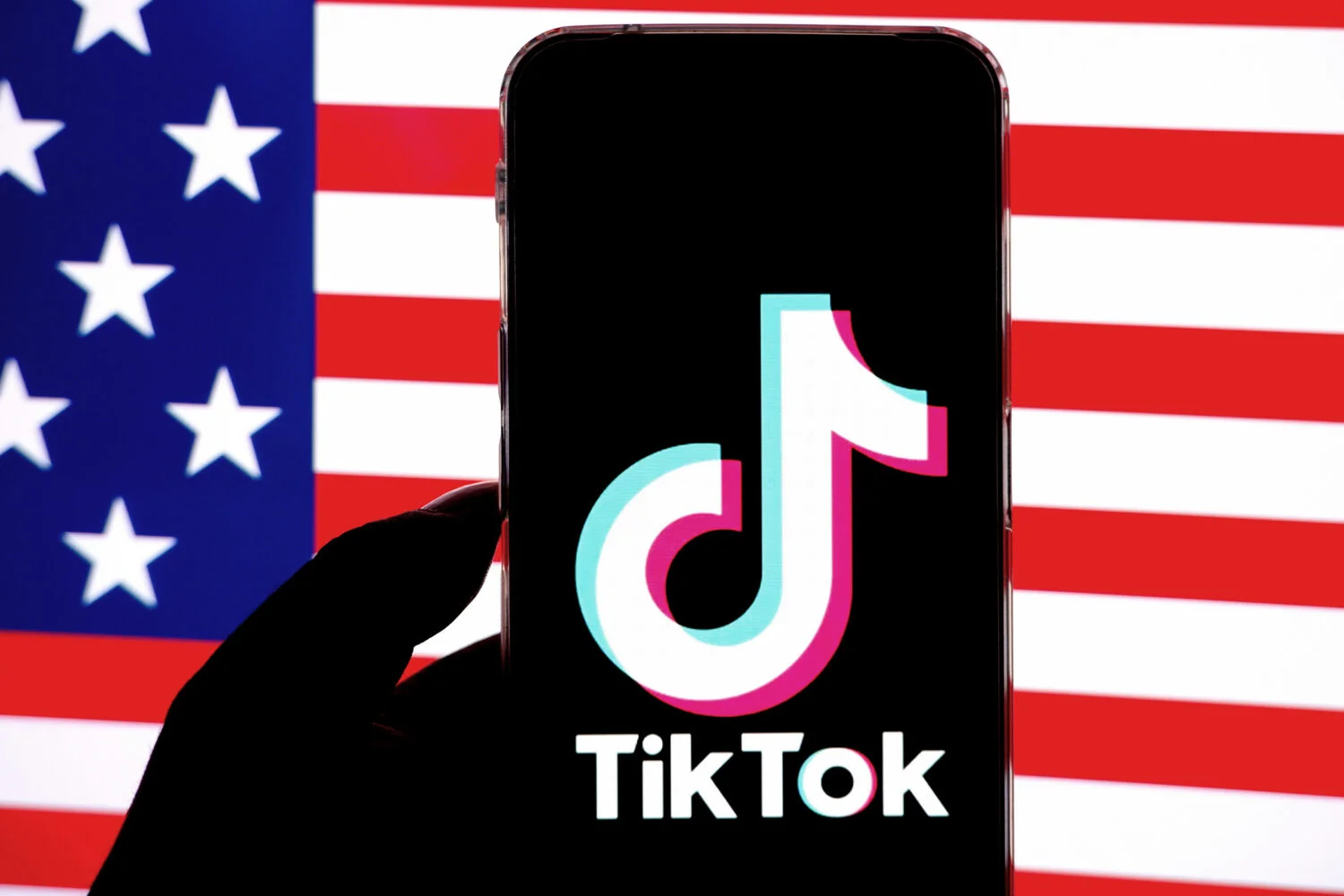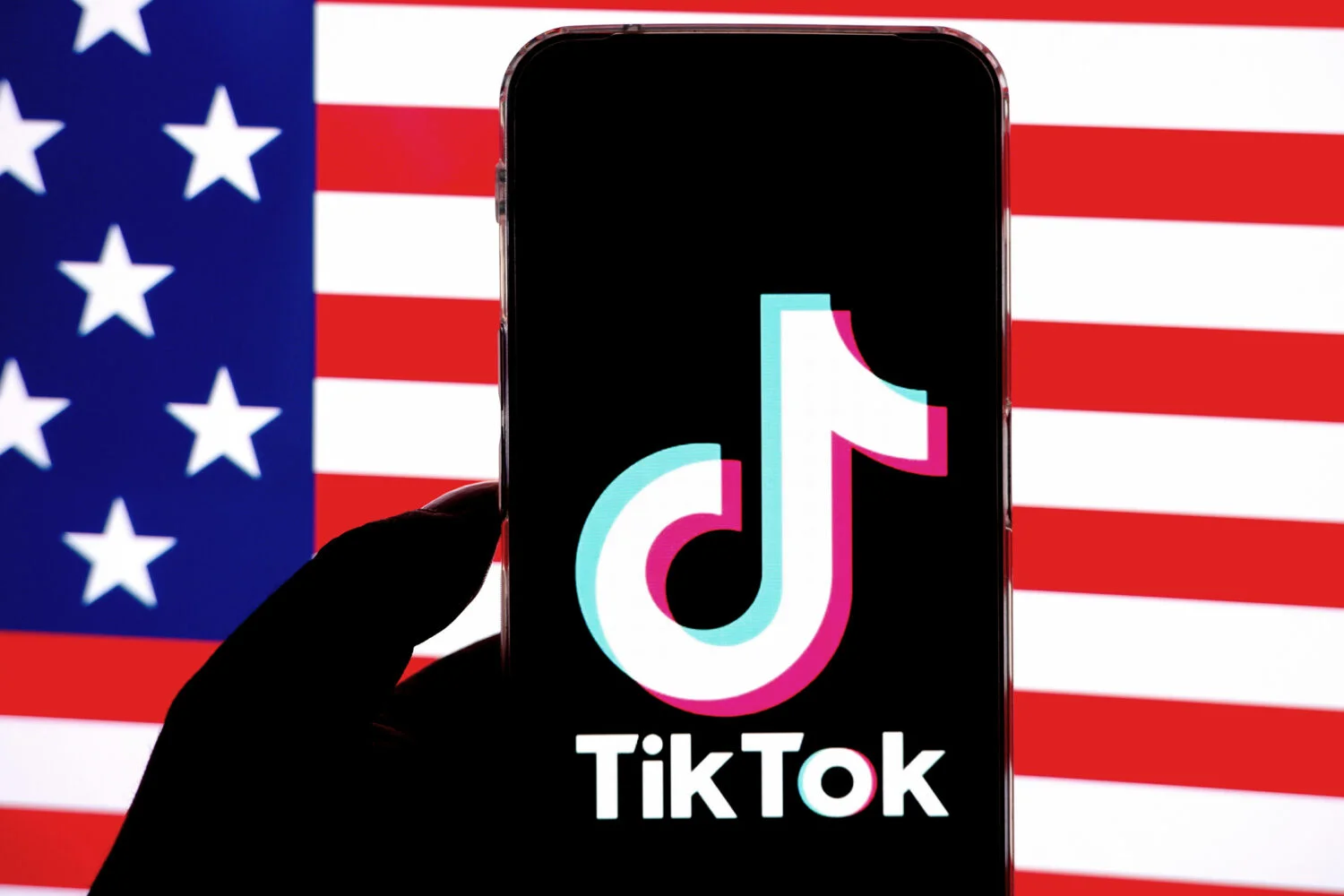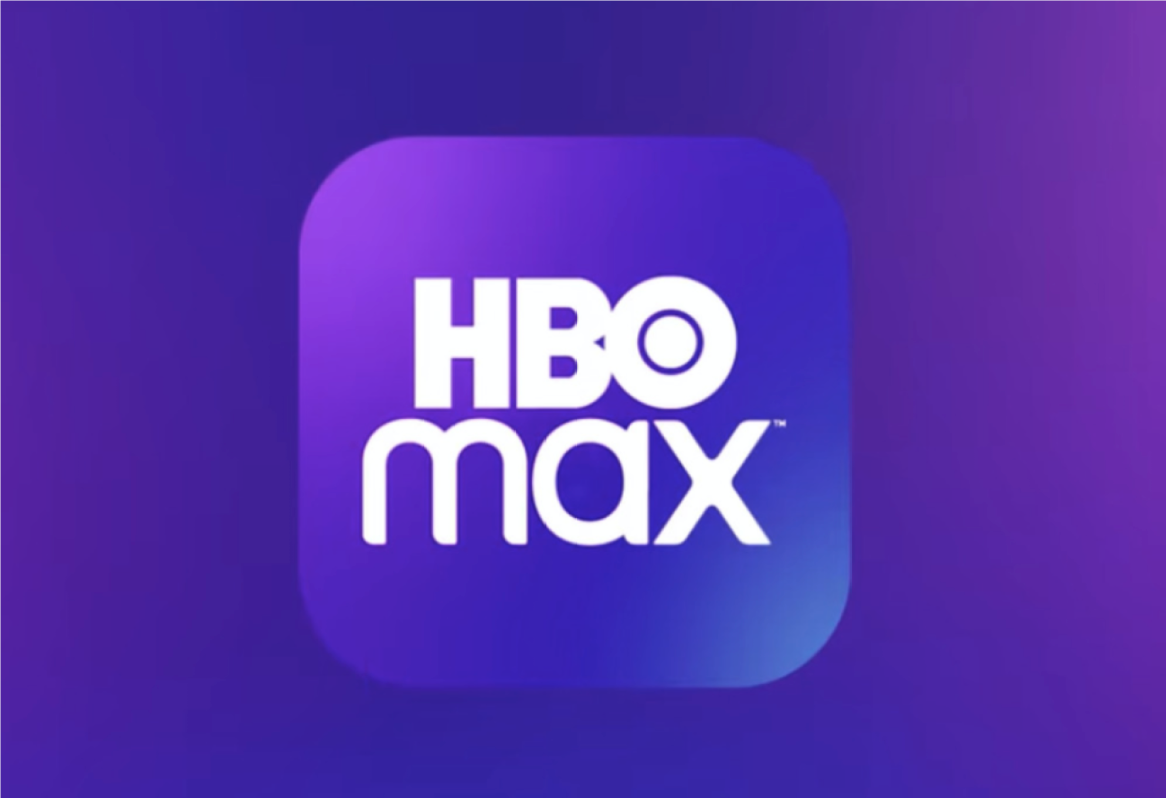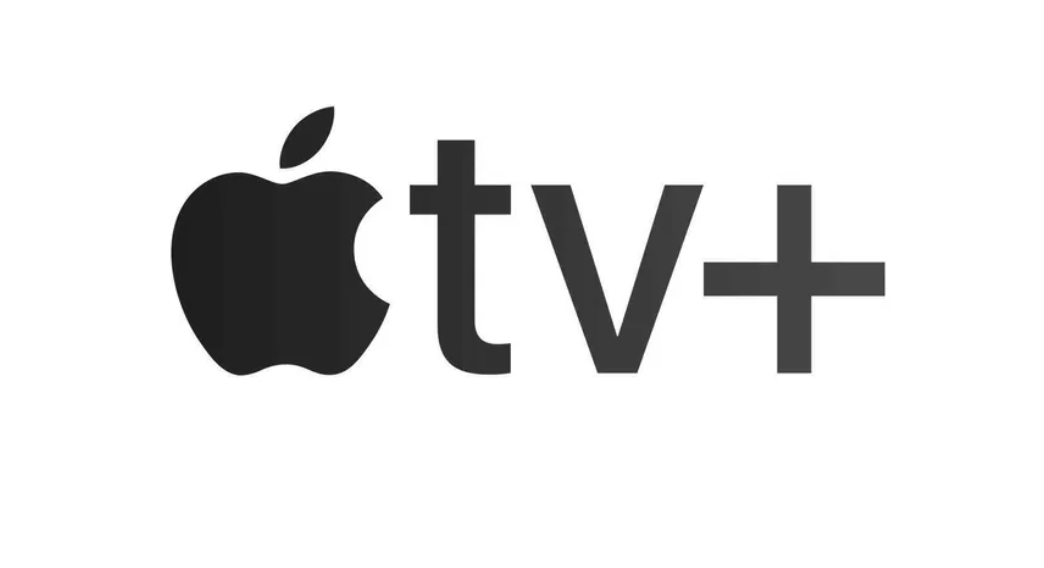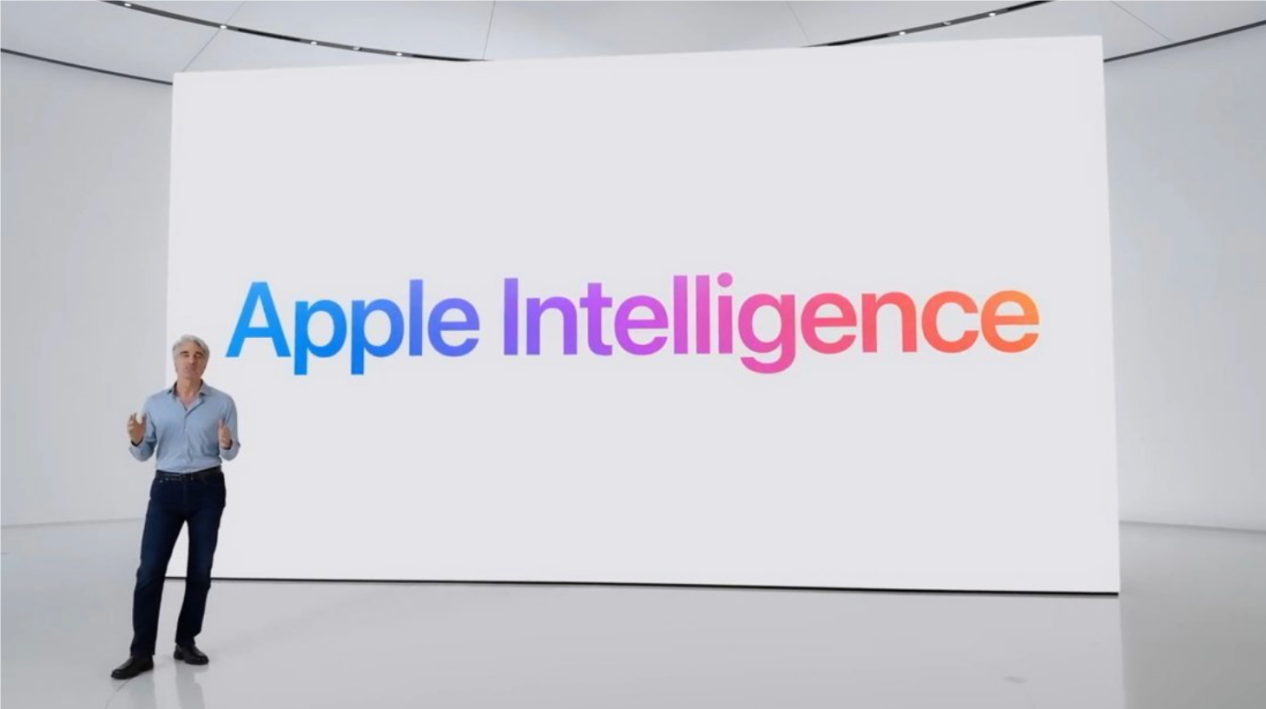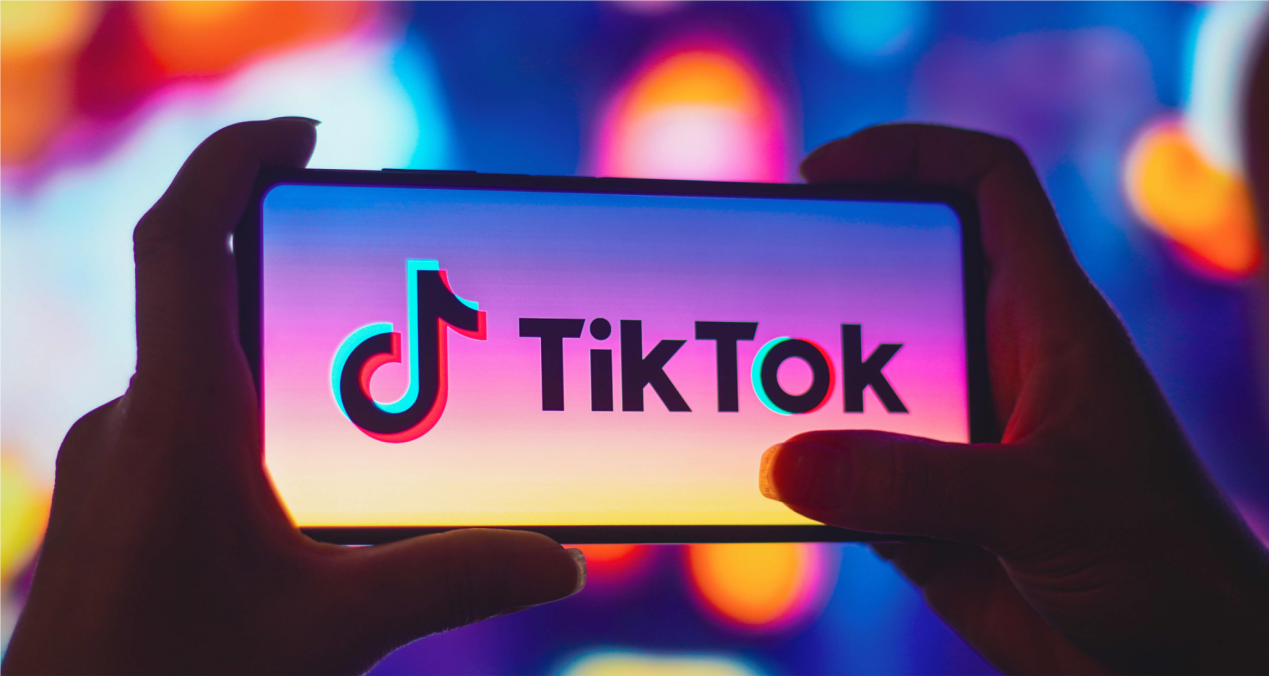Introduction
TikTok, the short video platform, has rapidly gained global popularity since its launch in 2016, especially among young users. However, due to concerns over data privacy, security issues, and potential ties to the Chinese government, the app has sparked significant controversy in several countries. This article explores the background of TikTok ban legislation, the main points of contention, and the potential impacts.
Background
1. The Rise of TikTok
- TikTok, developed by the Chinese company ByteDance, initially launched in China as Douyin before being released internationally as TikTok. Its short video format and smart algorithm quickly attracted a large user base, making it one of the world's most popular social media platforms.
2. Privacy and Security Concerns
- As TikTok's popularity grew, so did concerns about its data privacy and security practices. Critics argue that TikTok might transfer user data to the Chinese government, although the company has repeatedly denied these allegations.
3. Responses from Various Countries
- The United States, India, and several other countries have taken measures to restrict or ban TikTok. In 2020, the U.S. government attempted to ban TikTok through executive orders, but these efforts were ultimately halted due to legal challenges and political changes.
Main Points of Contention
1. Data Privacy and National Security
- Opponents of TikTok claim that the app poses a national security threat because it could collect and transmit vast amounts of user data, including location, browsing history, and personal information, potentially providing intelligence resources to the Chinese government.
2. Censorship and Content Control
- Critics also worry that TikTok might engage in content censorship to align with the political interests of the Chinese government. Although TikTok asserts that its content moderation policies are independent of the Chinese government, these concerns persist.
3. Economic and Business Impact
- Banning TikTok could have wide-ranging economic and business implications. As a major advertising platform, TikTok provides revenue streams for countless content creators and brands. A ban would disrupt these stakeholders' livelihoods and business models.
Legislation Details
1. Specific Measures of the Ban
- Ban legislation typically includes prohibiting the download of TikTok from app stores within specific countries, restricting its domestic operations, and banning local businesses from advertising with TikTok. These measures aim to sever TikTok's connections to local markets and prevent data leaks.
2. Enforcement and Regulation
- Enforcing a ban requires robust regulatory and technical measures, including monitoring app stores and internet service providers. Government agencies need to collaborate with tech companies to ensure the effective implementation of the ban.
Impacts
1. Impact on Users
- For users, a TikTok ban means losing a major social and entertainment platform. This is particularly significant for young users who use TikTok to share their lives and express their creativity.
2. Impact on Creators and Businesses
- The ban will significantly affect content creators and businesses. Many creators rely on TikTok as their primary income source, and businesses use the platform for marketing and branding. The ban will force them to find alternative platforms, potentially facing income drops and market share loss.
3. Technological and Geopolitical Impact
- The TikTok ban legislation could also escalate geopolitical tensions in the tech sector. Tech companies might face increased regulation and scrutiny, and the technological competition between countries could intensify.
Conclusion
The TikTok ban legislation represents a complex interplay of technology, privacy, and geopolitics. While the security and privacy concerns surrounding the platform have prompted widespread apprehension, the measures to ban it also pose numerous challenges and uncertainties. Balancing data privacy and national security with technological innovation and economic growth is a delicate issue that requires careful consideration by governments, businesses, and users.
